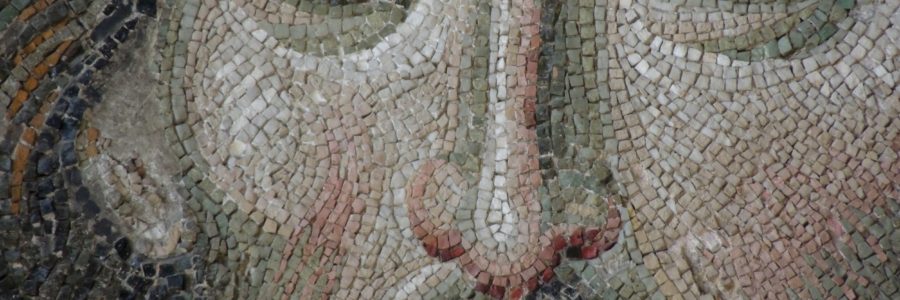With the horror of Jesus’ sudden betrayal, chaotic arrest, mockery of a trial, public torture, and execution behind them, what was left for those who had given up everything to follow him? There is not much in scripture that tells us what the disciples were doing on this day, as their Master lay buried in a rocky tomb. Odds are they were as Jesus found them the following day, hiding behind locked doors, terrified, drowning in grief and the bitterness of unmet expectations, crushed hopes, and shattered dreams.
I imagine they were angry, beating themselves up. I can imagine Peter’s humiliation and agony as those spineless, lying words of denial looped in his head. I promised to stay beside him no matter what anyone else did, then ran away like a coward and deserted him in his hour of greatest need! How could I abandon him? I deserve to die! At least, I know that’s what I would have been thinking.
I imagine the disciples filled with self-doubt, arguing. Could we have done more to defend him? Should we have tried harder to dissuade him from going to Jerusalem? Why didn’t we suspect that Judas was up to something? How could we not see that coming?
Perhaps they began to think they had gotten it wrong altogether. Maybe they doubted Jesus was who he had proclaimed to be. So many false Messiahs had appeared over the ages – did we get it wrong again? We thought he was the One; we left everything to follow him, and now he’s dead.
Of course, Jesus had told them he would rise again. Matthew 16:21 says that Jesus began to clearly reveal to his disciples that he was destined to go to Jerusalem and suffer injustice from the elders, leading priests, and religious scholars. He also explained that he would be killed and three days later be raised to life again. After which, Peter took him aside to correct him privately. He reprimanded Jesus over and over, saying to him, “God forbid, Master! Spare yourself. You must never let this happen to you!” (v22)
Either they never understood his words, or they just didn’t believe him.
But here they were, with Jesus in the tomb and no clue what would happen next. The wait, uncertainty, self-recrimination, shock, and sorrow must have been unbearable – and added to that, heart-wrenching grief. The one they loved was dead.
They could not see into the invisible realm, or they would have known something explosive was afoot. Something ordained from the beginning of time was shaking the spiritual foundations, dethroning rulers, breaking chains, liberating captives, taking death by the throat. All hell was breaking loose.
The Pharisees, Sadducees, and Roman rulers couldn’t understand God’s ancient, hidden plan any more than the disciples could, or they would never have crucified Jesus. But 1 Corinthians 2: 9 tells us: “No eye has seen, no ear has heard, and no mind has imagined what God has prepared for those who love him.”
God is always up to something; it was true two thousand years ago, and it’s true today. It was true for the first disciples and remains true for us. When all seems lost, when hopes are disappointed and dreams crushed, when it appears that God has left the building, he is still working for our good. His promises don’t depend on our understanding or the strength of our faith. When, like the disciples, we find ourselves trembling behind locked doors of doubt and fear and self-accusation, we can find it hard to cling to faith, but that’s ok – God clings to us. He didn’t give up on the disciples, and he won’t give up on us – and he is always up to something good.
We can’t begin to imagine.
So we fix our eyes not on what is seen, but on what is unseen. For what is seen is temporary, but what is unseen is eternal. – 2 Corinthians 4:18
Be still, and know that I am God – Psalm 46:10
Post from Paper Thin Places

